|
More than 120 million people will arrive in the Ganges delta over the next couple of months for the largest human gathering on Earth: Kumbh Mela. The Hindu pilgrimage to bathe in the sacred river water is so well attended, it’s visible from space. But, say David Milledge and Joshua Bunce, sewage pollution from nearby cities poses a serious health risk and building more sewers may actually make the problem worse.
The New York Times' use of graphic images following the terror attack in Nairobi, Kenya, has been widely criticised. Angry Kenyans who called on the Times to pull down the offending images were met with a lukewarm apology and a refusal to remove the pictures from the newspaper's digital edition. George Ogola explains why the response is symptomatic of the racialised lens through which the Western media views 'distant deaths'.
Drug kingpin Joaquín “El Chapo” Guzmán allegedly paid $100 million to former Mexican president Enrique Peña Nieto and routinely bribed police to smooth operations for his Sinaloa cartel. Those are the latest stunning allegations from El Chapo’s federal trial in Brooklyn, New York. Two months of testimony by trafficker after trafficker has made it quite clear that the drug trade is just too big – and too lucrative – to fail, writes Luis Gómez Romero.
|
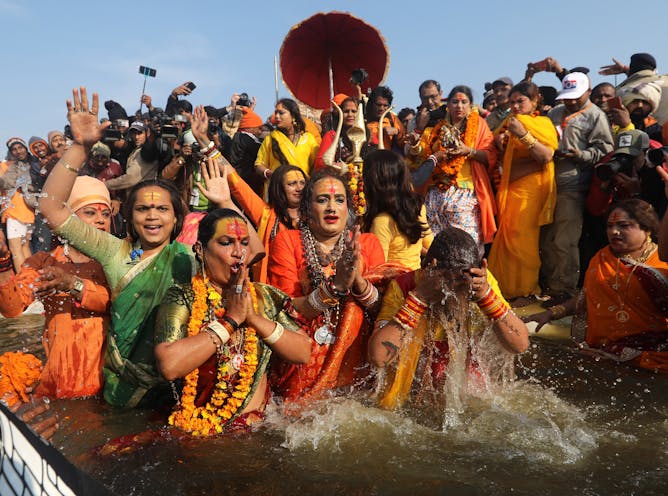
Celebrations for Kumbh Mela, 2019.
EPA-EFE/RAJAT GUPTA
David Milledge, Newcastle University; Josh Bunce, Newcastle University
Kumbh Mela is the world's largest congregation of people – so large, it's visible from space. However, river pollution is a major issue here and new solutions are needed.
|
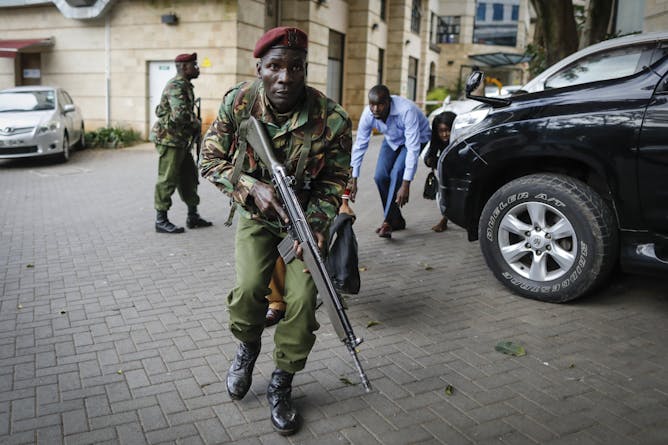
Evacuations during the Riverside terror attack in Nairobi, Kenya.
EPA-EFE/Dai Kurokawa
George Ogola, University of Central Lancashire
Foreign press took away the dignity from victims killed in the Nairobi terror attacks by publishing their pictures.
|
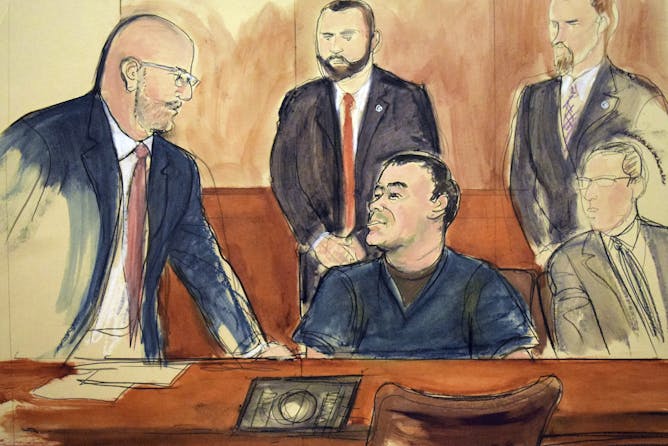
An artist’s sketch of Joaquin ‘El Chapo’ Guzmán at a 2018 pretrial hearing in a Brooklyn Federal courthouse.
Elizabeth Williams via AP, File
Luis Gómez Romero, University of Wollongong
With its tales of bloody violence, corruption, international trade and entrepreneurial innovation, Guzmán's trial offers a telenovela-style explainer on Mexican cartels and their American clients.
|
Health + Medicine
|
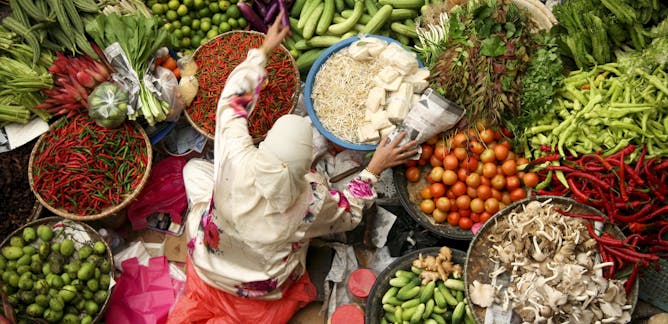
Alessandro R Demaio, University of Copenhagen; Jessica Fanzo, Johns Hopkins University; Mario Herrero, CSIRO
We need to change how we produce, ship, eat and waste food to improve our health and that of the planet.
| |
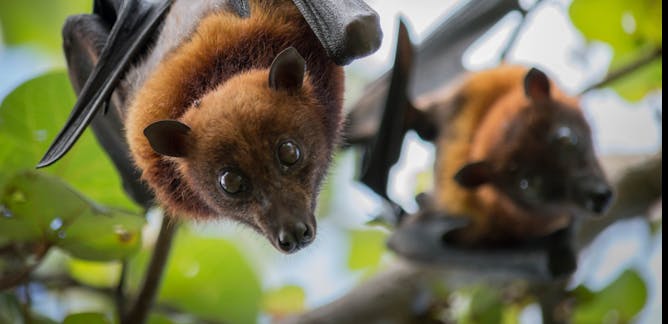
Muhammad Munir, Lancaster University
The family of deadly filoviruses just got bigger.
|
|
|
Science + Technology
|
-
Joshua Chou, University of Technology Sydney
Can China build a lunar base? Absolutely. Can human beings survive on the Moon and other planets for the long term? The answer to that is less clear.
|
|
Politics + Society
|
-
Terrence Guay, Pennsylvania State University
The UK's agonizing efforts to find a path out of the European Union is beginning to look a lot like a game or riddle with no solution – and certainly no winners.
|
|
Environment + Energy
|
-
Julie Arblaster, Monash University; Gerald A Meehl, National Center for Atmospheric Research ; Guomin Wang, Australian Bureau of Meteorology
Antarctic sea ice cover fell to an all-time low recently and hasn't yet recovered. Why? The initial answers could lie in an unlikely place – the tropics.
|
|